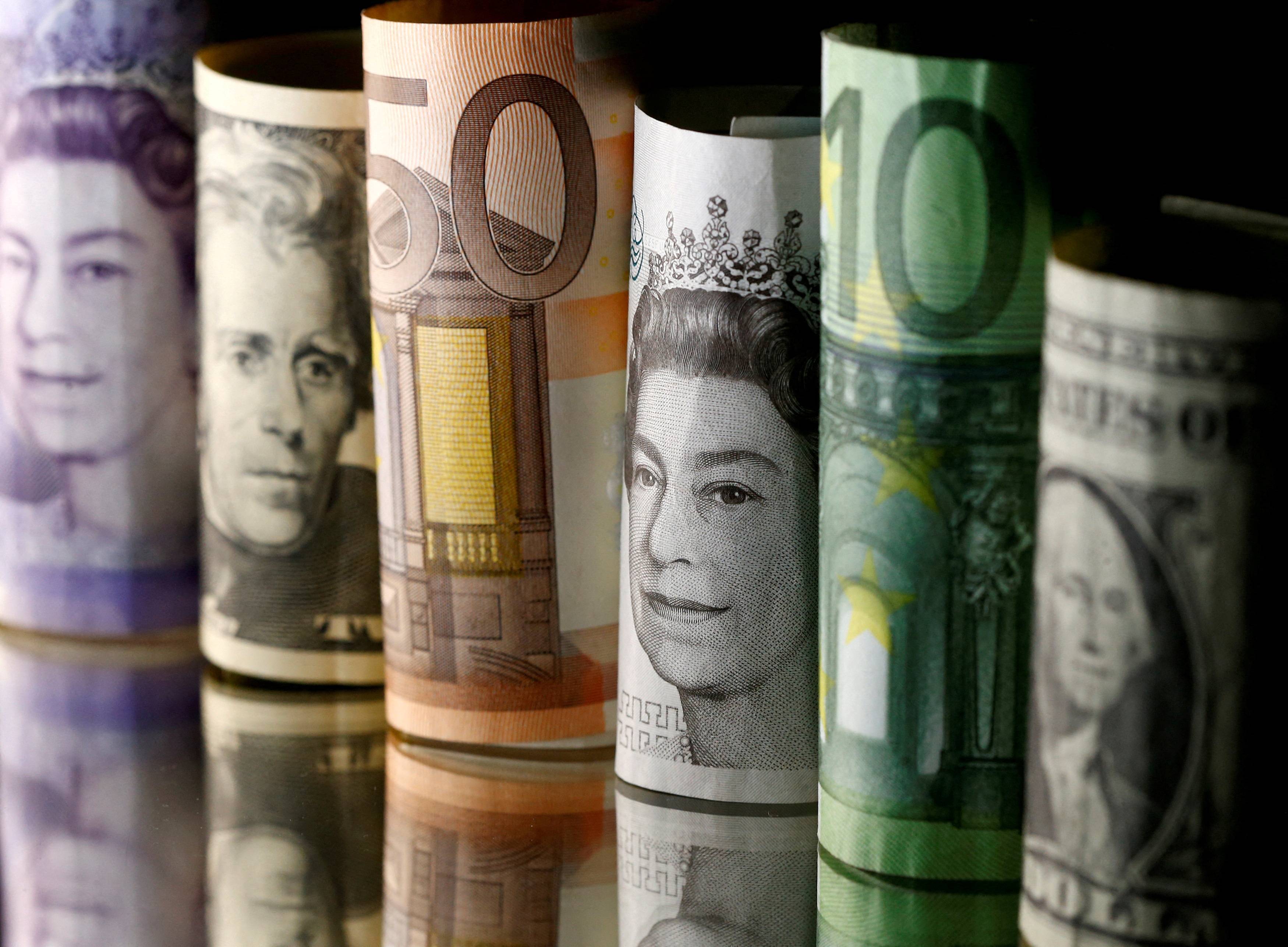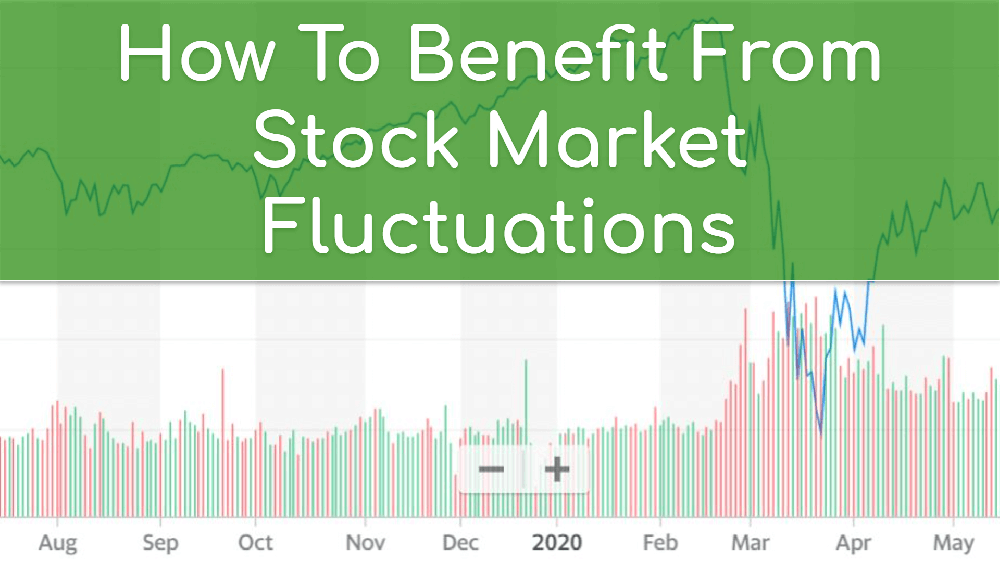Exclusive: Hedge fund Caxton wins on bond rout to claw back performance losses - sources

Dollar, Euro and Pound banknotes are seen in this picture illustration taken April 28, 2017. REUTERS/Dado Ruvic/Illustration/File Photo Acquire Licensing Rights
LONDON, Nov 3 (Reuters) - Well known hedge fund manager Andrew Law's $12.5 billion Caxton Associates has clawed back much of the losses it made earlier this year, benefiting from bets on weakness in bond markets, according to three sources with knowledge of the matter.
Caxton Global Investments (CGI), the $8.6 billion flagship fund at Caxton Associates, one of the more secretive hedge funds that use macro economic events to find profitable trades, finished October with a positive monthly performance of about 2%, two of the sources said.
They added that the fund had about a negative 2% performance for the year to the end of October. The CGI fund, at the end of June had been down about 8%, added one of the sources.
Caxton did not immediately reply to requests for comment made by telephone and email.
The CGI fund did well from a view that the Bank of Japan would ease its ultra-loose monetary policy, said two of the sources. They also said short bets that bond prices would fall, as well as bets the U.S. Treasury yield curve would steepen were some of the top earners for the fund.
Both the Bank of Japan and Federal Reserve left interest rates unchanged this week.
Fed Chair Jerome Powell indicated US policymakers were trying to determine whether financial conditions are already tight enough to control inflation, or whether an economy that continues to outperform expectations may need to be further restrained.
The Bank of Japan did, however, tweak its 1% cap on the 10-year bond yield to allow long-term borrowing costs to rise, while lifting its price forecast to project that inflation will exceed its 2% target this year and next.
Caxton's CGI fund also profited from the difference between Japanese and U.S. stock prices, the sources said, adding that losses on commodities bets in gold and a yen hedge detracted from performance.
Caxton was founded by Bruce Kovner who ran the fund for 28 years before tapping his chief investment officer Law to run it in 2011.
Reporting by Nell Mackenzie; Additional reporting by Carolina Mandl, Svea Herbst Bayliss, Maiya Keiden; Editing by Dhara Ranasinghe, Kirsten Donovan and David Evans
Our Standards: The Thomson Reuters Trust Principles.
What is the principle of stock fluctuations?
The principle of stock fluctuations is the idea that the prices of stocks change due to the forces of supply and demand, as well as other factors that influence the expectations and behaviors of buyers and sellers.Supply and demand are the basic elements of any market, and they determine how much of
Simple and efficient stock trading strategies
I’m glad you’re interested in learning about simple and efficient stock trading strategies. There are many ways to trade stocks, but some of the most common and effective ones are:Price-signal trading: This strategy involves identifying a level at which the stock price has met support or resistanc
What is the most important factor in making big money from stock investment?
There is no definitive answer to what is the most important factor in making big money from stock investment, as different investors may have different opinions, preferences, and strategies. However, some common factors that many experts and successful investors agree on are:Patience: Stock investin
What is the fundamental logic of making money from stocks?
The fundamental logic of making money from stocks is to buy low and sell high. This means that you want to buy stocks when they are undervalued by the market, and sell them when they are overvalued by the market. The difference between the selling price and the buying price is your profit.There are








